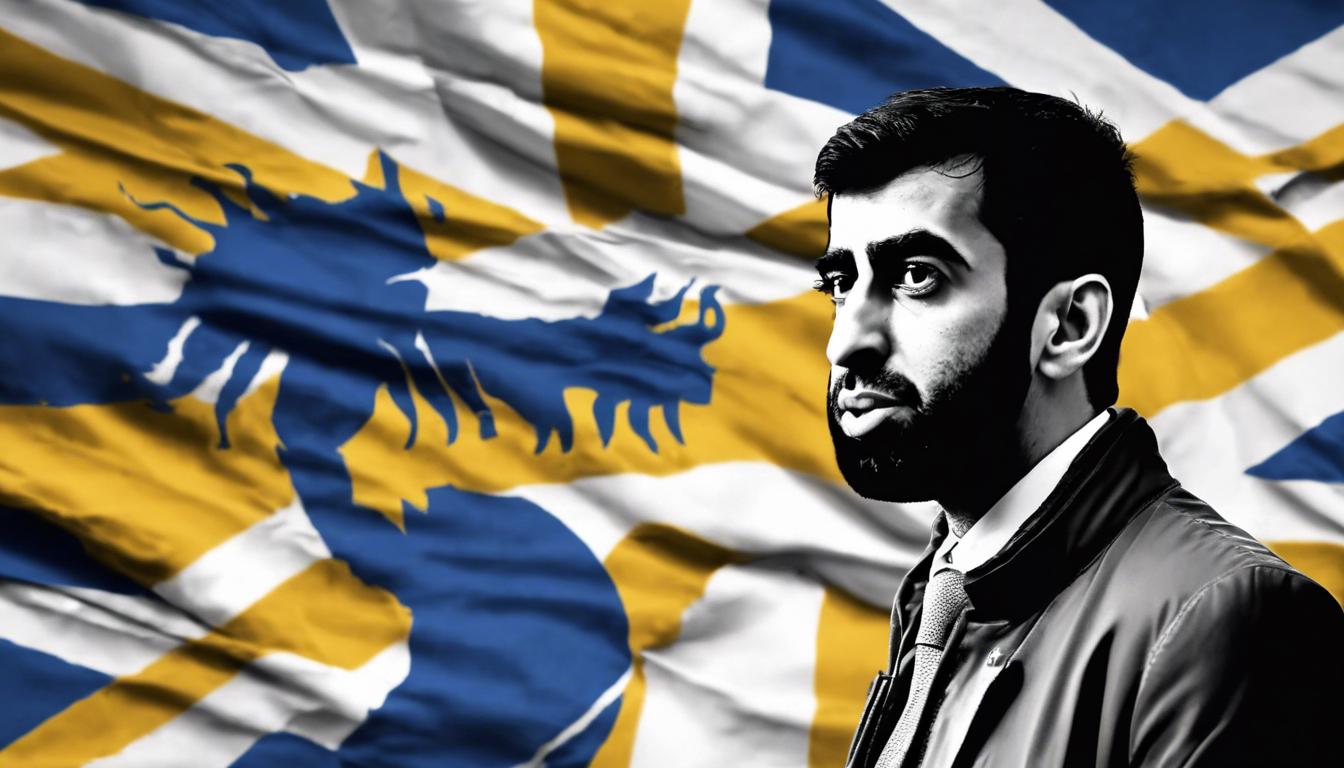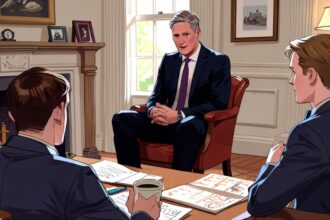Scottish First Minister Humza Yousaf is accused of hypocrisy in relation to new hate crime laws after comments from 2020 resurface. Meanwhile, JK Rowling faces backlash for her views on transgender issues, highlighting the challenges of balancing free speech with the protection of marginalized groups.
Humza Yousaf, the Scottish First Minister, has come under fire due to a video from 2020 that has recently resurfaced, leading to accusations of hypocrisy in relation to Scotland’s new hate crime laws, which he supports. In the video, Yousaf is seen speaking in an anti-racism debate, making comments about the racial composition of government officials, specifically noting their whiteness. This has prompted criticism from figures such as David Campbell Bannerman of the Conservative Democratic Organisation, who labelled Yousaf’s remarks as potentially racist and in conflict with the principles of the recently enacted hate crime legislation that came into effect on April 1. The legislation aims to criminalize the stirring up of hatred against protected characteristics. While some are calling for Yousaf to be reported for hate speech under these new laws, legal experts remain uncertain if his comments constitute a violation. The controversy brings to light concerns regarding the legislation’s impact on freedom of speech and the need for clearer guidelines on what is considered hate speech.
In another separate controversy, JK Rowling, famed author of the Harry Potter series, has faced backlash because of her public statements on transgender issues, which some have interpreted as transphobic—a claim she vehemently denies. Despite facing criticism, Rowling has received support from notable figures including actor Daniel Radcliffe and playwright Sir Tom Stoppard. Her stance has not only sparked debates over gender identity and free speech but also led to attempts to have her prosecuted under Scotland’s new hate crime laws. Rowling, citing personal experiences of abuse, continues to be an active voice in discussions on women’s rights and has launched a service exclusively for female survivors of sexual violence. Her position on transgender issues remains a divisive topic, exemplifying the broader societal challenges in balancing advocacy for marginalized groups with the right to free speech.













